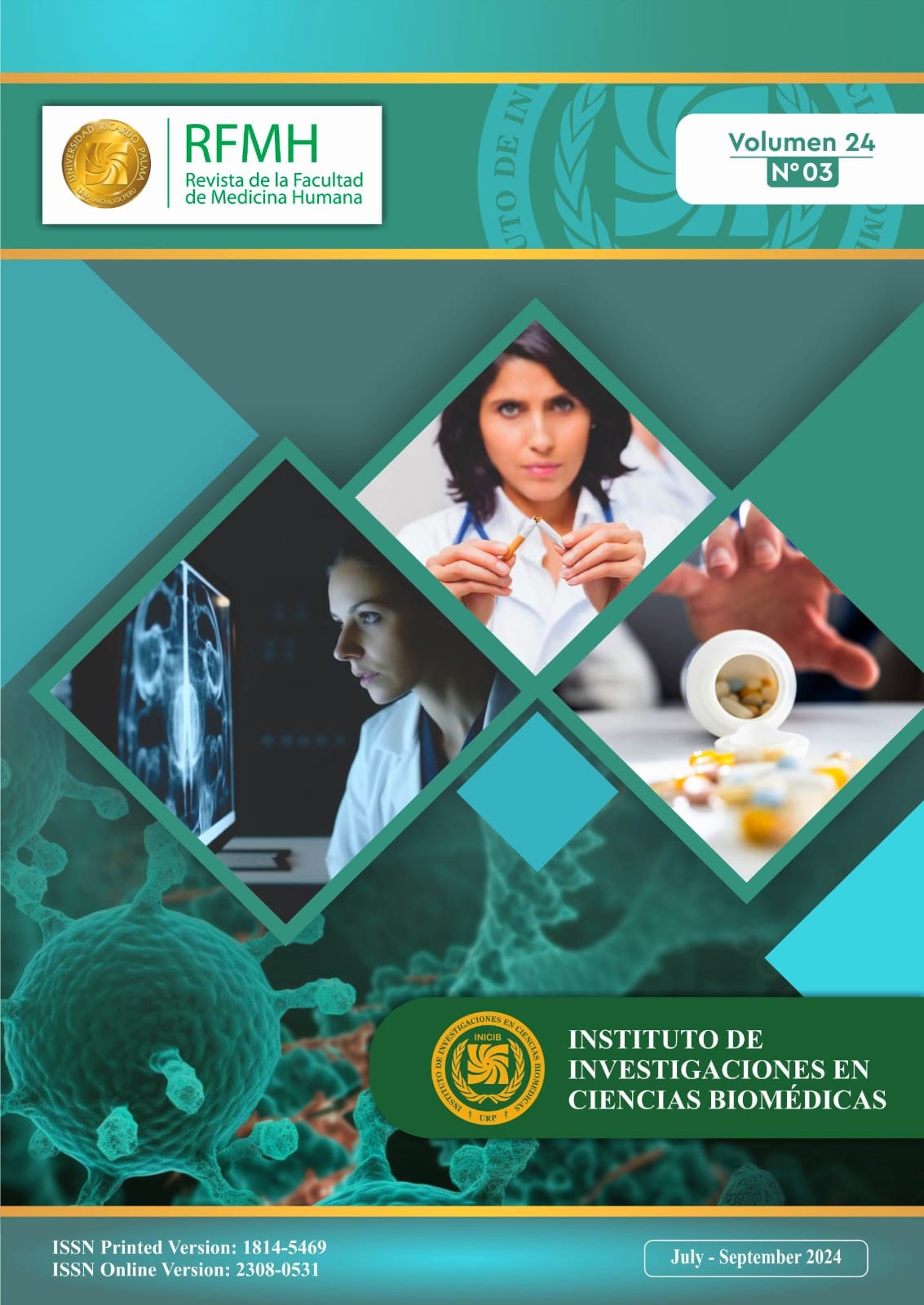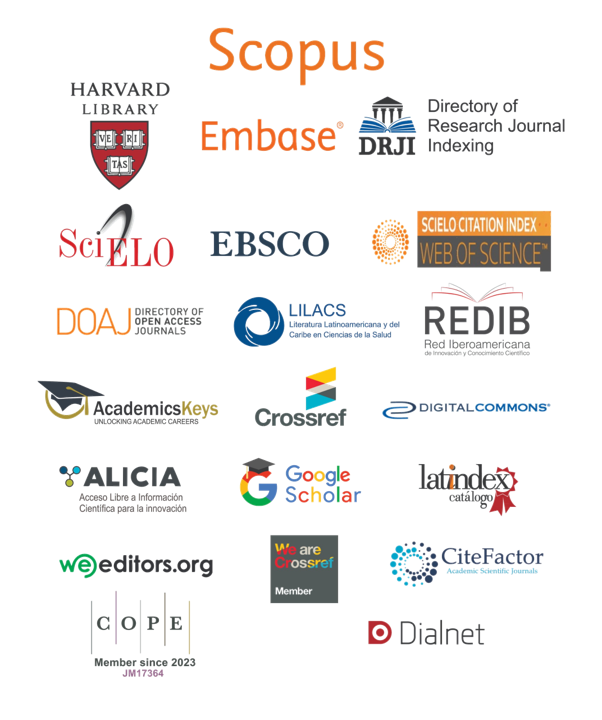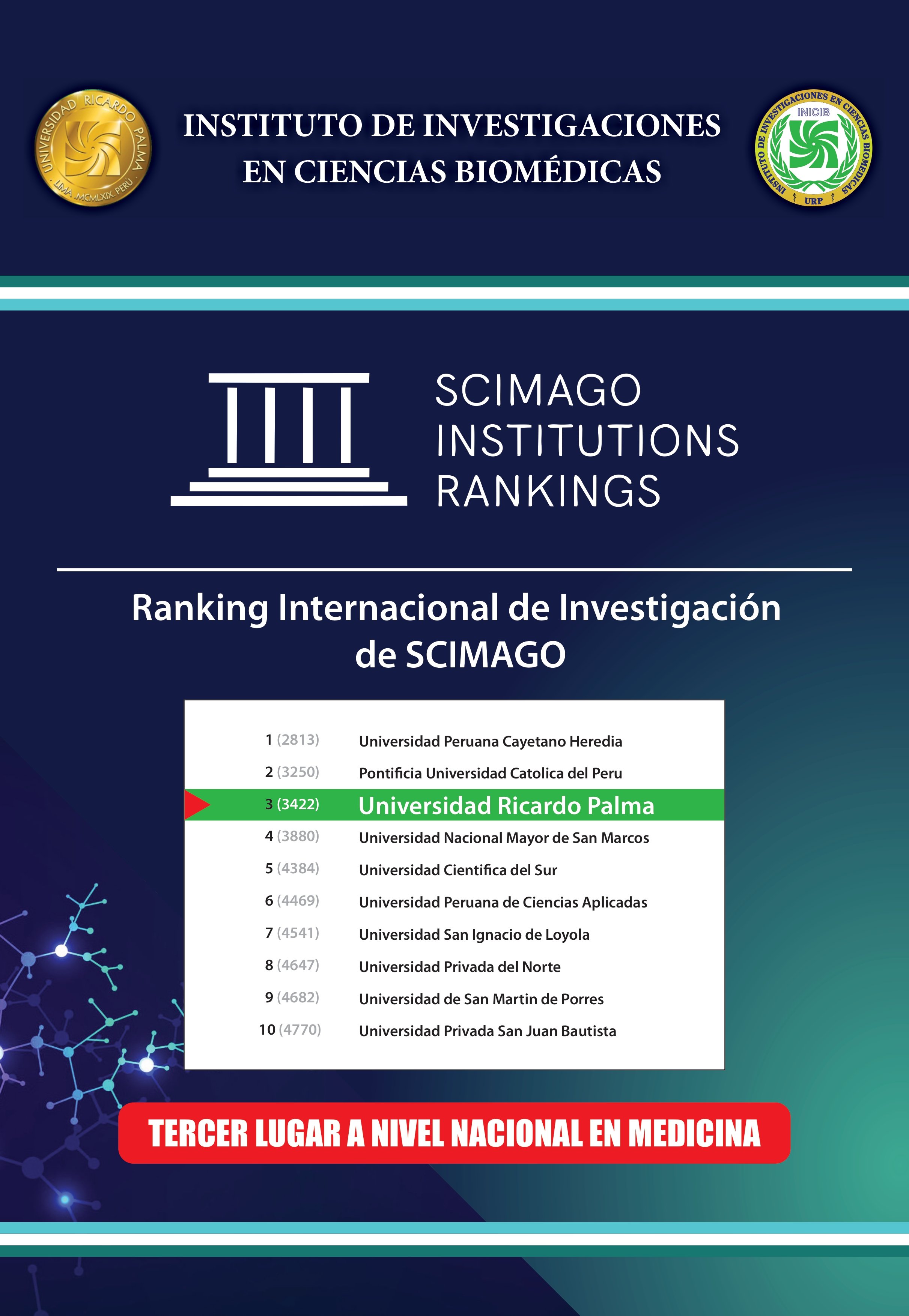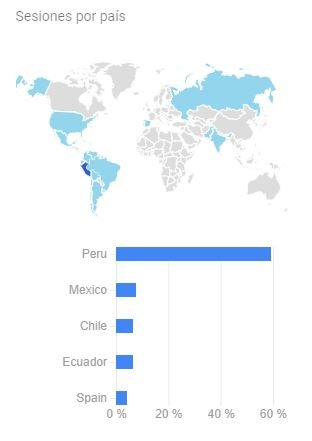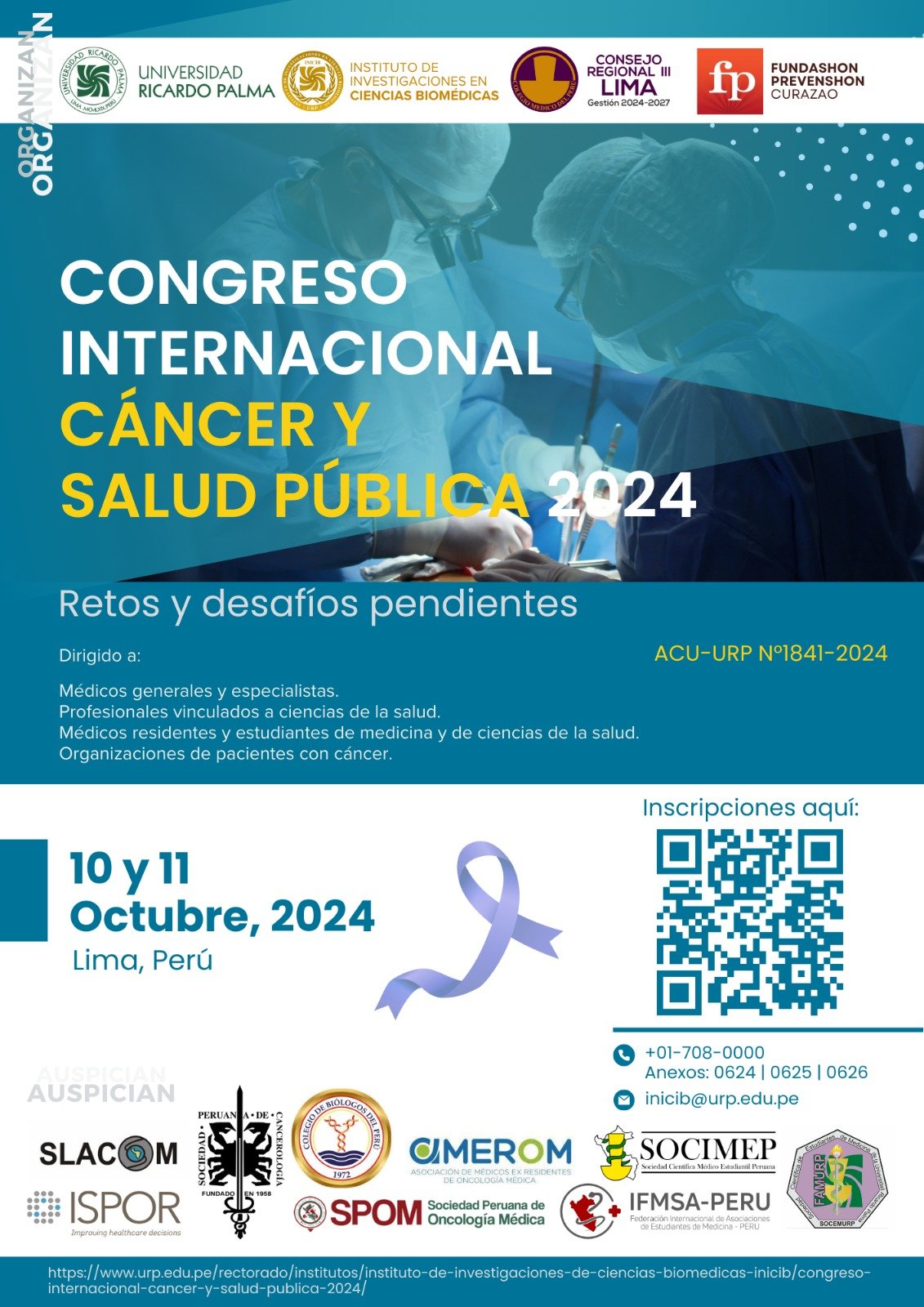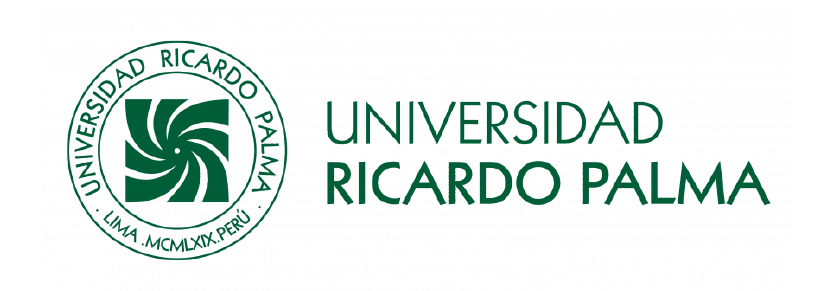Pneumonia associated with mechanical ventilation in the pediatric intensive care unit of a tertiary hospital, 2015-2018
Neumonía asociada a ventilación mecánica en la unidad de cuidados intensivos pediátricos de un hospital terciario 2015-2018
DOI:
https://doi.org/10.25176/RFMH.v19i3.2167Keywords:
Pneumonia, Ventilator-Associated, Cross Infection, Intensive Care Units, PediatricAbstract
Introduction:Ventilator-associated pneumonia (VAP) increases the risk of mortality by 2 to 3 times. Objectives: To know characteristics of VAP, determining VAP infection rates, analyze related factors, isolatedgerms, antibiotic sensitivity and mortality. Methods:Descriptive, retrospective study in patients with VAP2015-2018. The data was obtained from the Rikchary program of a pediatric intensive care unit, analyzed withSPSS 24.00. Results:There were 60 cases of VAP, with average annual rates of 9.8 per 1000 days of mechanicalventilation (MV). 65% of the VAPs were late diagnosed after 5 days of MV, the average MV days were 15, 25%of the patients were re-admitted to MV. The average hospitalization was 31 days. The most frequent germswere Stenotrophomona maltophilia sensitive 81% to Cotrimoxazol and Pseudomona aureginosa sensitive80% to cefepime, 90% to Amikacin and between 50% to 60% to carbapenemens. The mortality was 15%.Conclusion:The average annual rate of VAP in the evaluated service is within international standards, themost frequent type is late, was more frequent in children under 6 months and male. Malnutrition, congenitalheart disease, mechanical ventilation time, days of hospitalization and surgeries were found in a greaterproportion in patients with VAP. The most frequent negative gram and 15% mortality.
Downloads

Downloads
Published
How to Cite
Issue
Section
License
Copyright (c) 2019 Revista de la Facultad de Medicina Humana

This work is licensed under a Creative Commons Attribution 4.0 International License.



